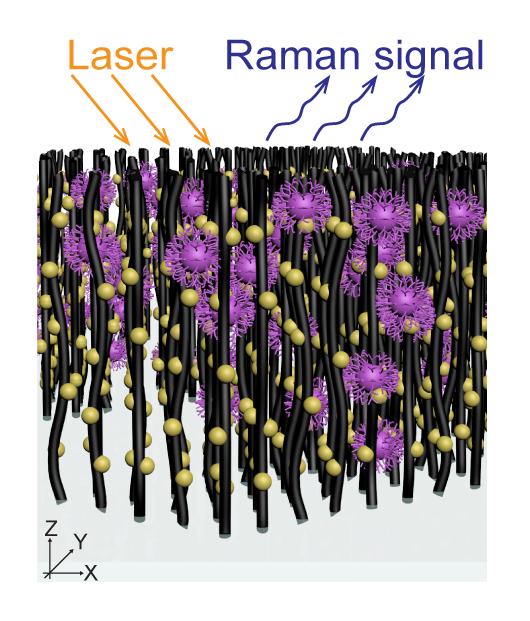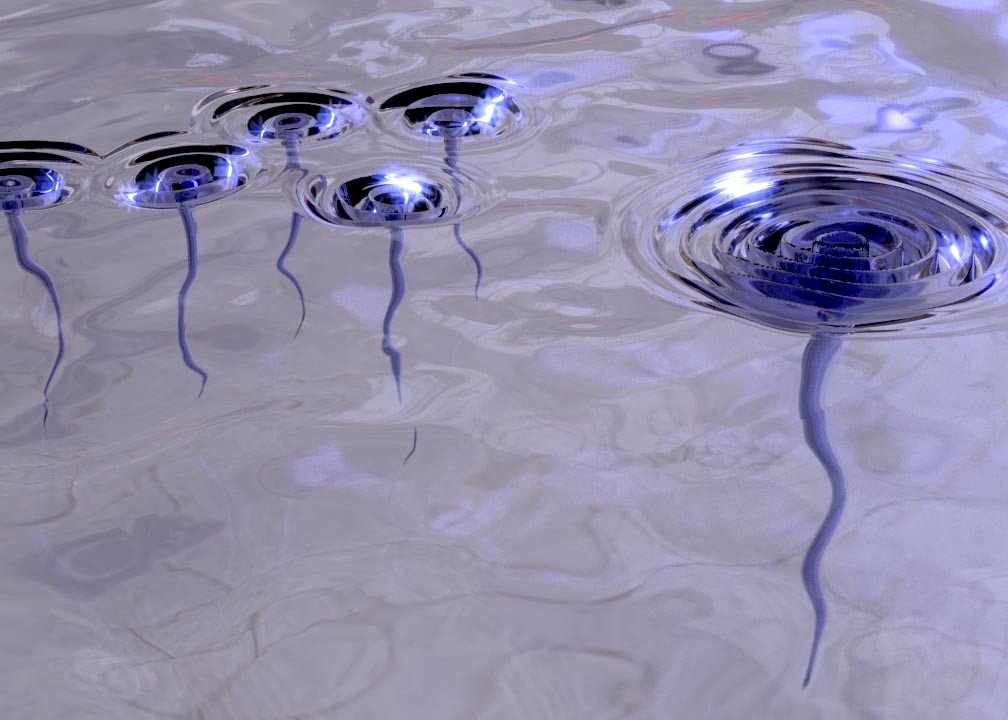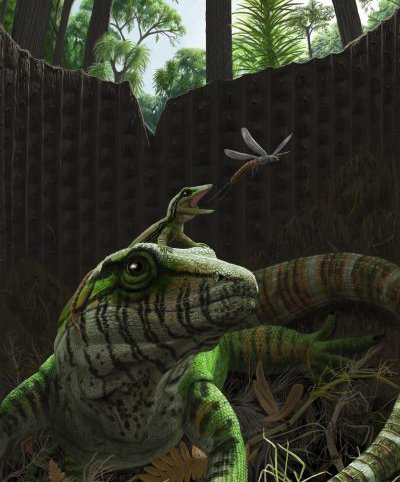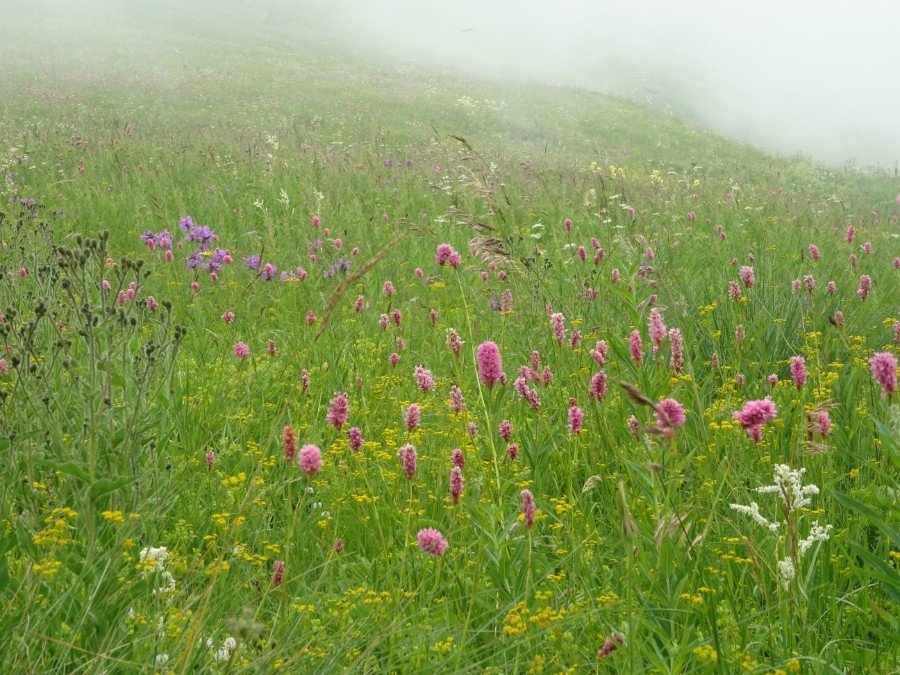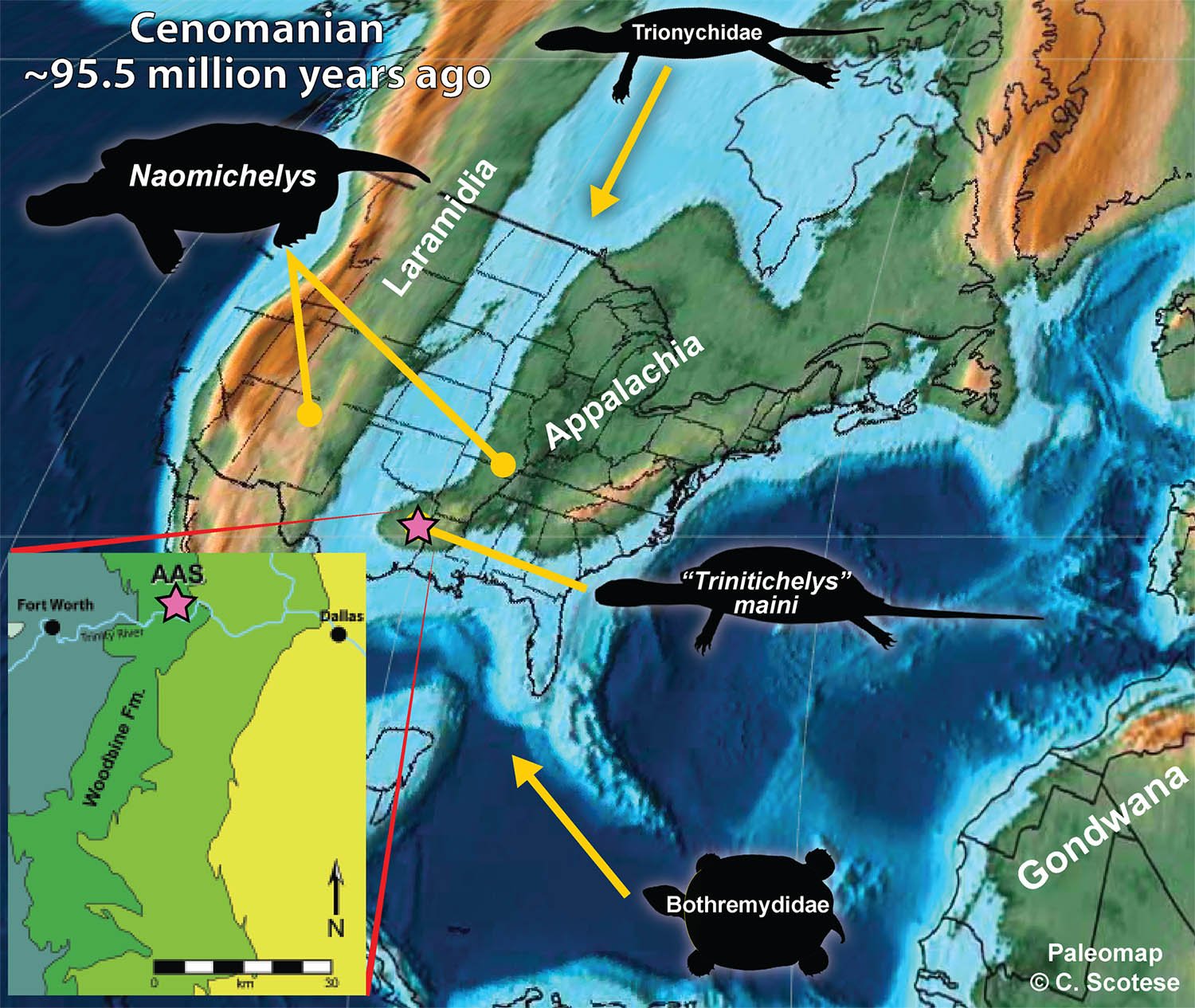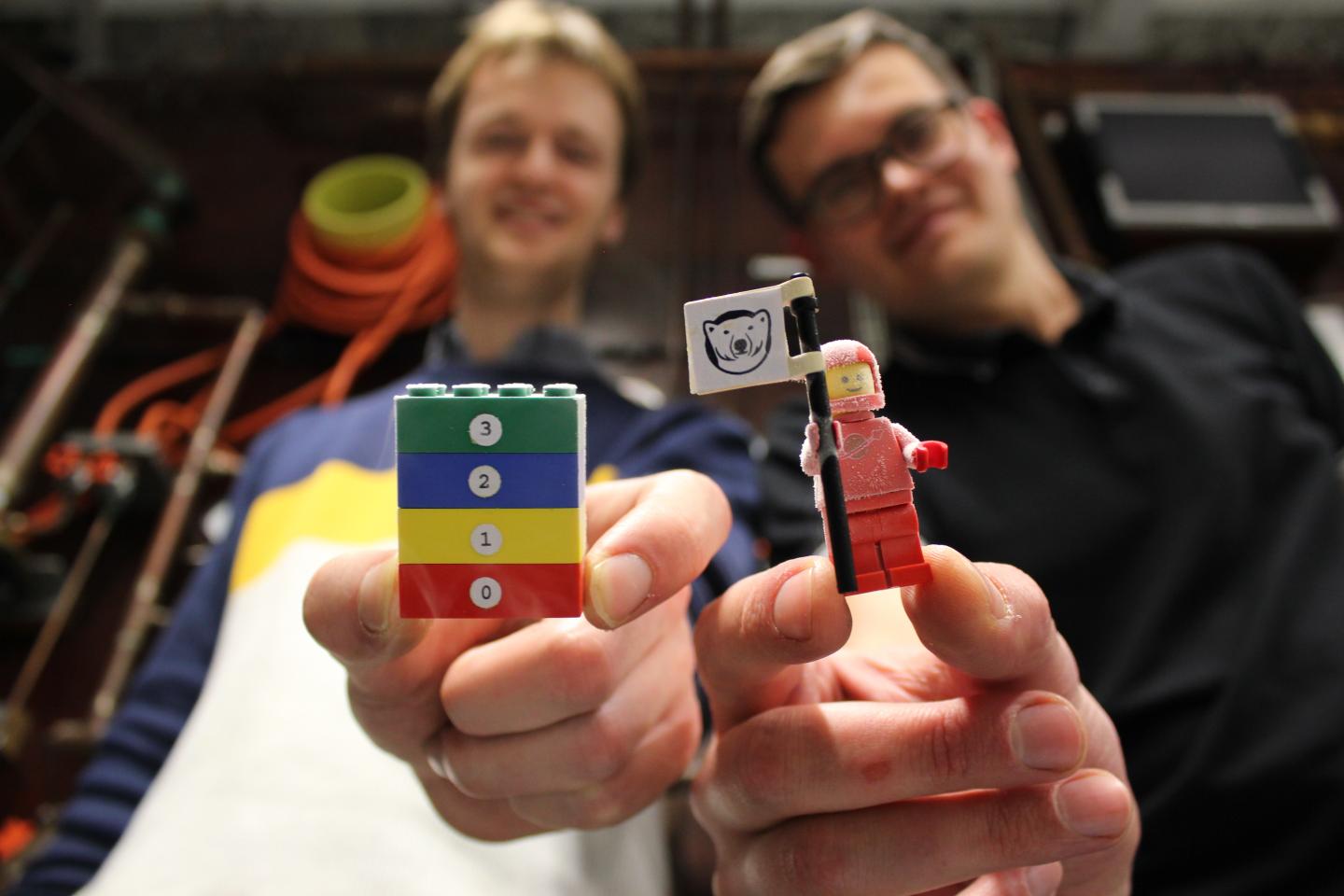A fast and inexpensive device to capture and identify viruses
A device to quickly capture and identify various strains of virus has been developed, according to researchers at Penn State and New York University. Currently, virologists estimate that 1.67 million unknown viruses are in animals, a number of which can be transmitted to humans. Known viruses, such as H5N1, Zika and Ebola have caused widespread … Read more
